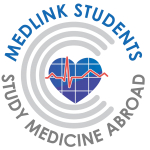
ENQUIRE NOW
Located in: Latvia












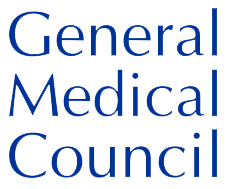





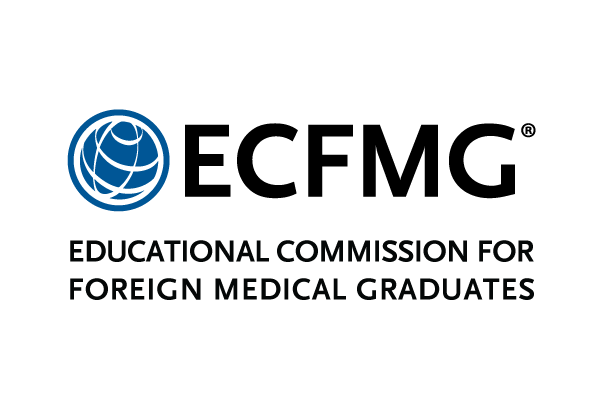



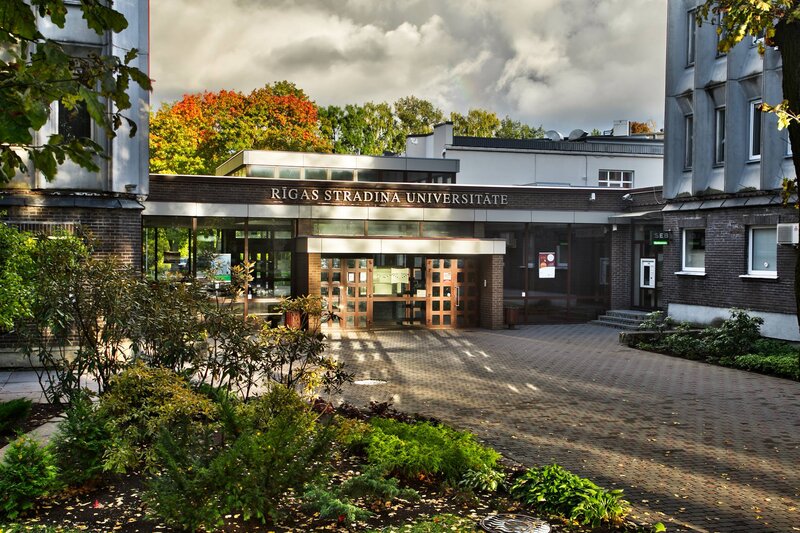

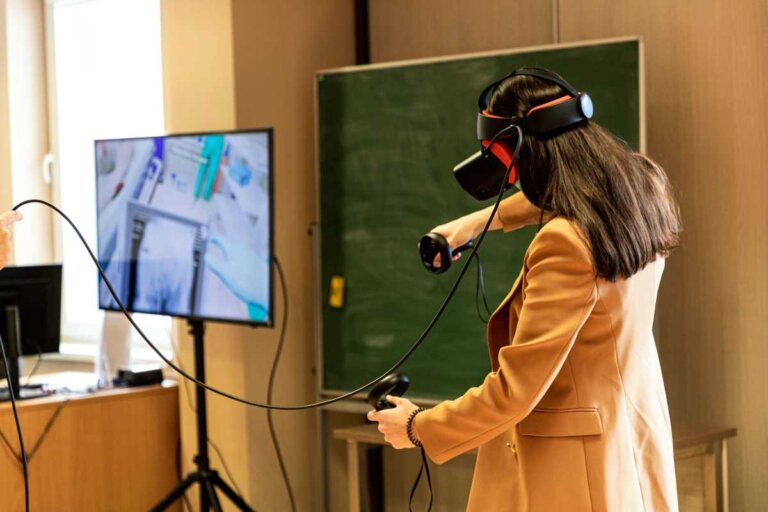



Riga Stradins University (RSU) is a public university located in the capital city of Riga. The university was established in 1950 and was named after the Stradiņš family, who have made significant contributions to the academic life in Latvia for more than a century.
RSU is one of the most modern universities in Europe with a strong foundation in research and international recognition. It is known for training outstanding medical professionals that go on to build successful careers in the European Union, the UK, and across the globe.
RSU has received the prestigious “Export Champion” award at the Export and Innovation Awards for its excellence in providing higher education, which attracts students from all over the world. Currently, RSU has about 10,500 students, over 2,500 of which are international students coming from over 75 different countries. Most of these students come from Germany, Sweden, Finland, and Norway.
RSU offers the following courses in English:
RSU is renowned for providing high-quality medical education that combines clinical training with theoretical learning from the very beginning. This teaching method ensures that students are well prepared for a successful career as a doctor or dentist by developing their practical skills from early on.
Riga Stradins University is also known for its modern facilities, including a state-of-the-art library, 3D anatomy visualisation tables, and science hubs, which keep students updated with the latest advancements in their fields. The RSU library has been classified as a library of national importance that provides a unique range of medical literature.
A stand-out feature of RSU is that teaching is conducted in intentionally small classroom sizes to ensure that every student gets personalised attention. Currently, there is 1 lecturer for every 14 students at RSU, which creates an interactive learning environment where every question can be answered directly by the professors.
RSU uses the European Credit Transfer and Accumulation System (ECTS) in accordance with international standards. This system ensures easy student and credit transfers between European universities while also providing fair and transparent student evaluations. RSU participates in ERASMUS+, which gives students the opportunity to participate in exchange programmes throughout Europe.
There is no graduate entry programme for medicine or dentistry in English at this moment at RSU. However, Riga Stradins University student transfers are accepted.
The university is located at 16 Dzirciema Street, Rīga, LV-1007, Latvia.
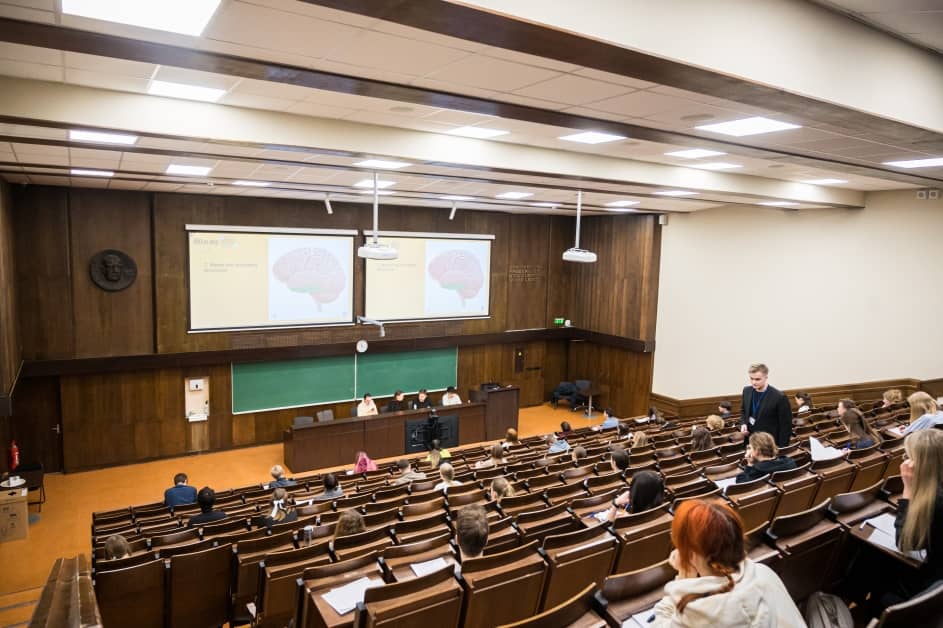

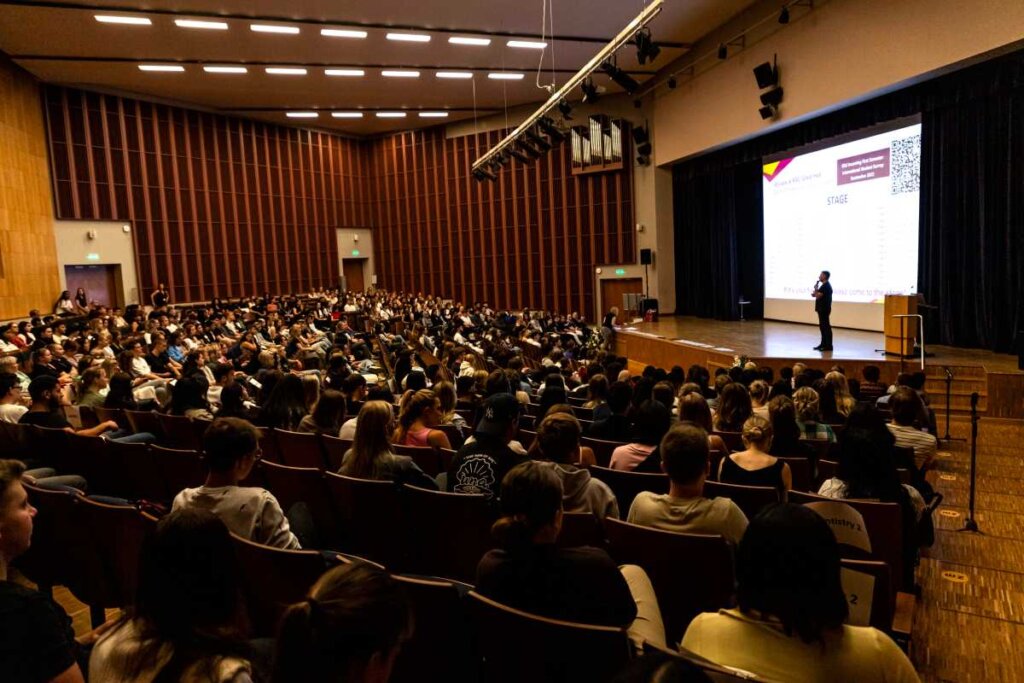

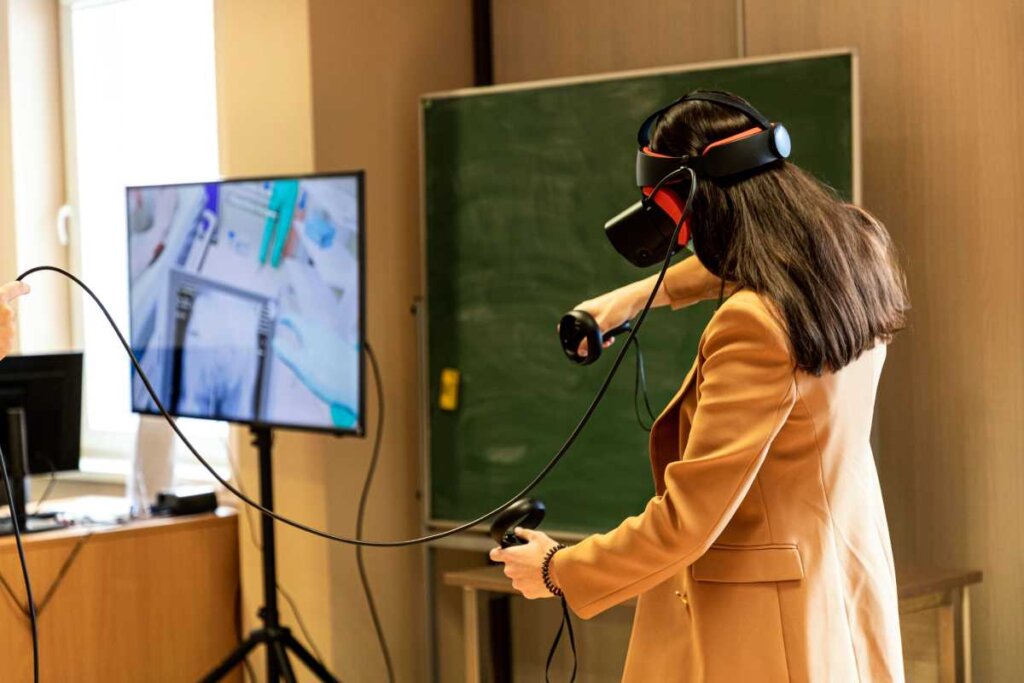

The pre-courses are based on the requirements for dentistry or to study medicine in Riga and are designed to prepare students for their respective undergraduate courses.
The pre-programmes offer the following courses:
Each course costs €10 per academic hour, meaning that Chemistry costs €300, Biology is €150, etc.
These courses are typically organised in January and August and can be taken entirely online via Zoom and on the RSU e-studies platform.
The Riga University medicine course in English at RSU is an accredited and internationally recognised 6-year programme that is worth 360 ECTS. The programme is designed to prepare well-educated and professionally qualified doctors.
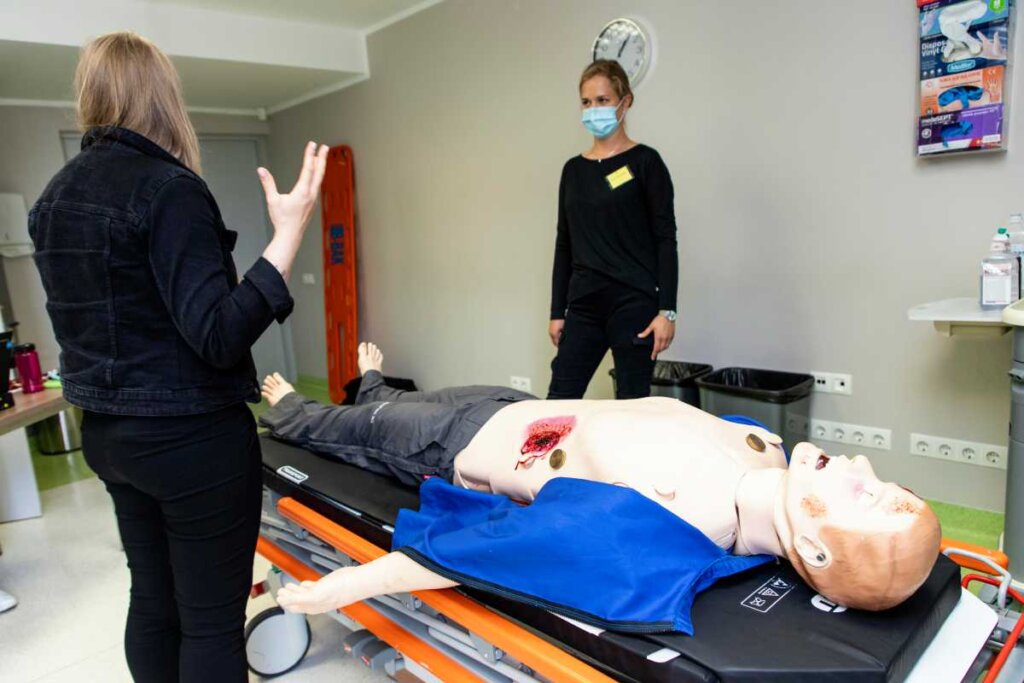

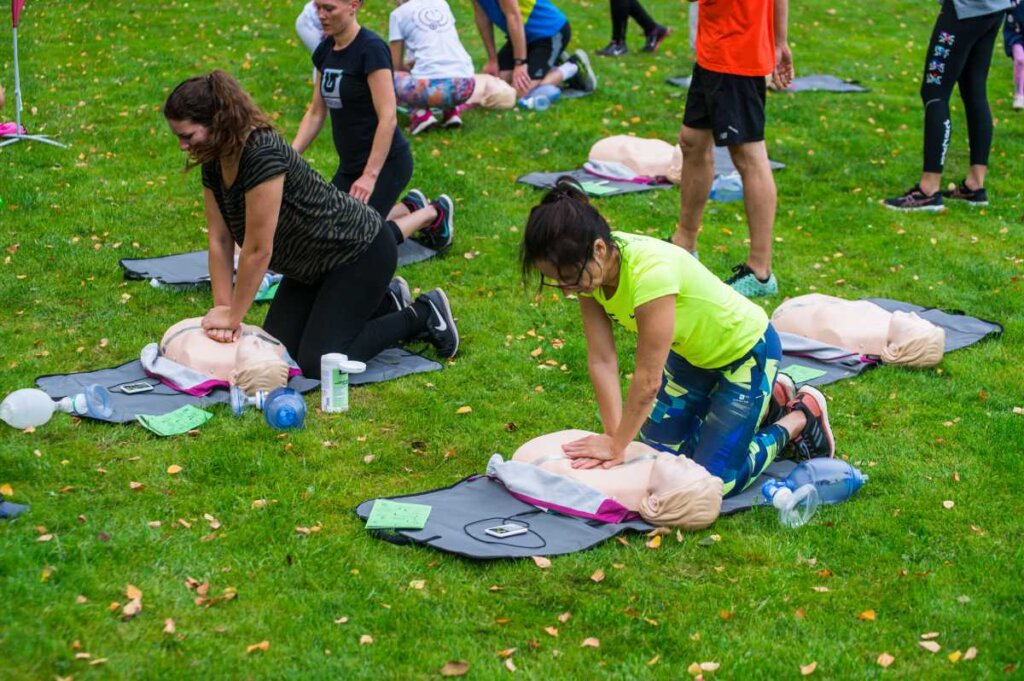

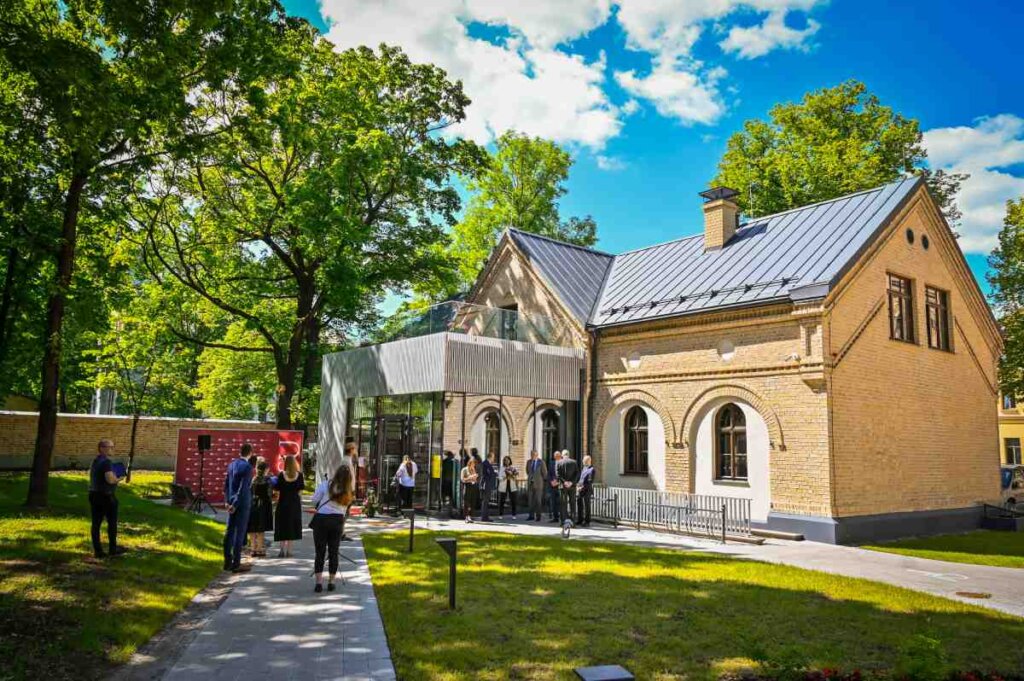

The curriculum at RSU is divided into basic, preclinical, and clinical stages:
While enrolled in the MD programme at RSU, students will have access to the prestigious Riga Stradins University Medical Education and Technology Center (METC), the largest simulation centre in the Baltics. It provides students with access to advanced simulation technology that allows them to practise both individual and team-focused medical scenarios. METC includes a variety of simulation environments, such as operating rooms and intensive care units, to replicate real-life medical situations.
The study bases for the RSU medicine programme include:
Upon graduation, students receive an MD diploma that is internationally recognised throughout the world.
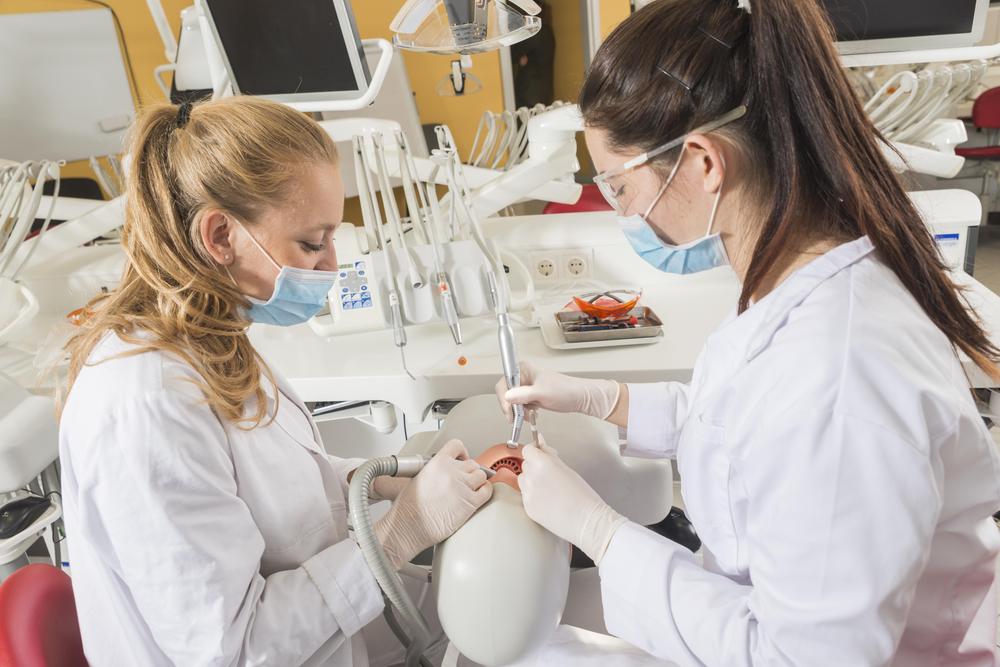

The Riga Stradins University dentistry programme at RSU is a 5-year course designed to produce highly qualified dental surgeons. The dental course is worth 300 ECTS and combines comprehensive theoretical education with extensive practical training.
The curriculum includes lectures, workshops, laboratory work, clinical practice, and research projects. The programme emphasises hands-on experience and evidence-based learning through close collaboration with leading dental specialists and lecturers.
RSU has one of the most advanced dental study bases in Northern Europe, which includes high-tech simulation devices and modern mannequins. Initially, students at RSU practise on models to train their practical skills before transitioning to real clinical training with patients.
The study bases for the dentistry programme in English at RSU are:
Upon completing the course, graduates are awarded an internationally recognised diploma, which allows them to become successful dentists across the globe.
RSU is renowned for its research and priorities in the medical sciences, public health, social sciences, and technological advancements in healthcare. The university places significant emphasis on international collaboration to help advance scientific knowledge and innovation through global partnerships and participation in EU-funded projects.
RSU is home to several research institutes and laboratories that focus on providing students and faculty with state-of-the-art resources to conduct research. Notable research areas include innovative methods in vascular imaging, stroke treatment, and public health initiatives.
To further support research and innovation, RSU has established the Innovation Centre and the Business Incubator, which facilitate the commercialization of research findings and the development of new healthcare technologies. These initiatives are dedicated to promoting the practical application of research in real-world settings.
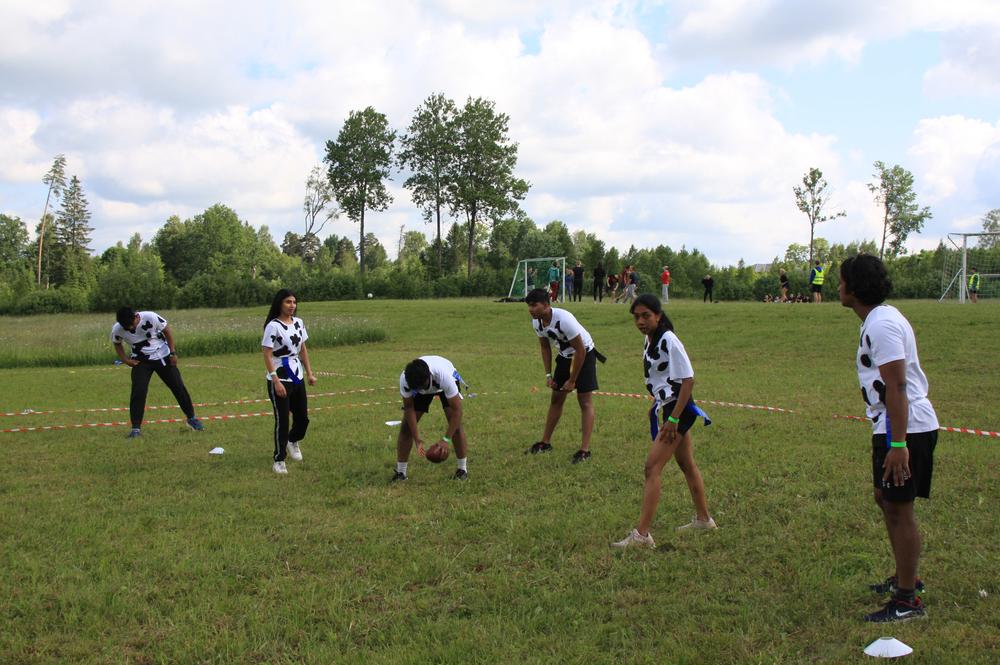

RSU firmly believes that every student should be enjoying their stay in Riga and makes sure that they are given every opportunity to take part in extracurricular activities throughout their educational journey. As such, the university organises a variety of recreational activities for its students, including:
In addition, several student organisations and interest groups provide various medicine and dentistry-specific opportunities for academia-focused students. The European Medical Students Association and the Dental Student Association organise multiple social and academic events throughout the year.
Riga Stradins University offers a truly comprehensive range of support services to make sure that all students feel well and are having a fulfilling student experience. RSU is firmly dedicated to helping its students throughout their academic journey in any way possible and provides:
Additionally, RSU has a student union, which represents students' interests and organises a variety of academic and social events.
The tuition fees at Riga Stradins University are:
Tuition fees are paid in 2 instalments before the beginning of the semester.


The admission deadlines for the February intake are as follows:
The Admission requirements include a high school diploma which features at least two semesters of studying Chemistry, Biology, and Mathematics each, as well as English language proficiency.
For native English speakers, there are no English certificates or entry exams required as the high school grade in “English” will be taken into account.
For citizens of EU/EEA or non-EU/EEA countries where English is not the language of instruction, high school grades in English will be taken into account as well. For students who haven’t studied English at secondary/high school, they have to either attend an English language exam at RSU or they have to present their official results of an international English proficiency test such as IELTS, TOEFL, Cambridge English Certificate, or any other equivalent.
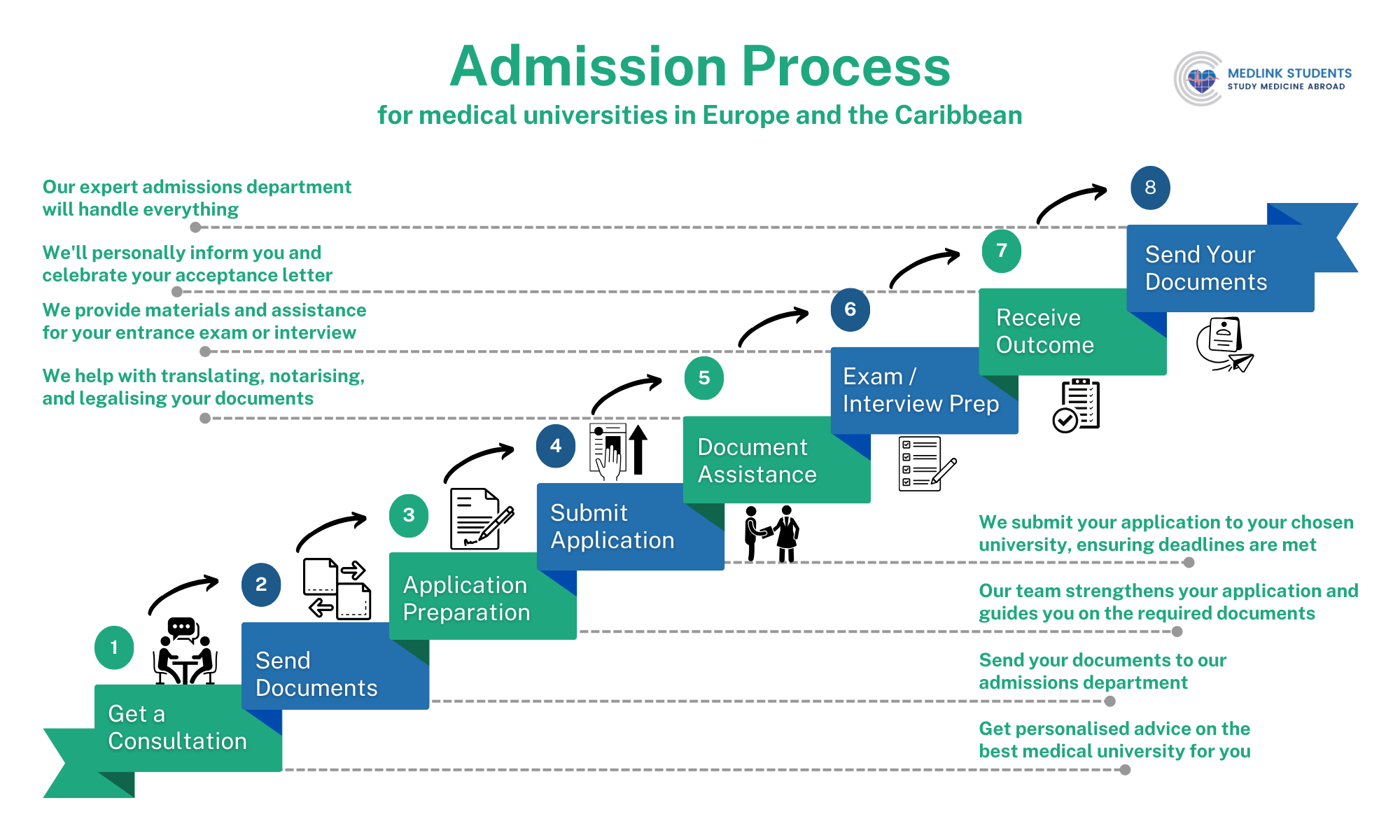

Riga Stradins University is renowned for providing outstanding medical education. However, the competition to secure admission is intense since there is no entrance examination. Your academic achievements from high school and the strength of your application play a crucial role in determining your success. On top of that, navigating through the admission process can be difficult and confusing due to strict requirements and legal procedures that must be adhered to. This includes submitting specific documents that require translation, notarisation, and legalisation. Failure to meet these criteria will lead to rejection of your application. Fortunately, you can bypass the challenging application process by seeking assistance from Medlink Students. Our admissions experts, recognised among the best in Europe, can manage your entire application, including handling all the necessary legal requirements. With our support, we guarantee your acceptance to Riga Stradins University by ensuring your application stands out in every aspect. Our strong partnership with this prestigious medical university grants us a deep understanding of their application system, which will serve as your biggest advantage. By choosing us, you can skip the complexities of applying to a medical school abroad and concentrate on what truly matters - preparing for your future medical studies at Riga University..
We can guarantee you a smooth application process, support throughout your entire education and comprehensive post-graduation assistance.
Riga Stradins University in Latvia is recognised all over the world (GMC included) and presents many career opportunities in the realm of health sciences. A degree in medicine, dentistry, or pharmacy from RSU allows you to become a medical practitioner worldwide.
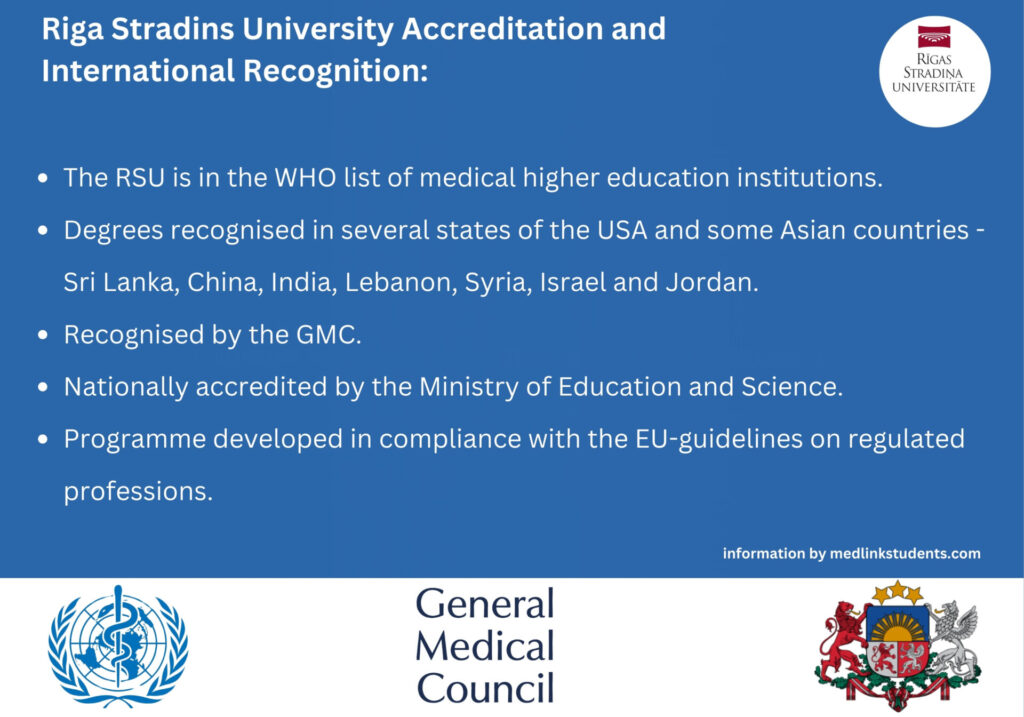

Riga Stradiņš University offers 2 student hostels. The first one, called Hostel Āgenskalns, has over 200 rooms, which can accommodate around 600 people. It’s located within 5 minutes of walking distance from the University Hospital.
The monthly rent here can cost you anywhere between per month, depending on whether you’d like to live alone or with roommates and the room quality (total area, amenities, furniture, etc.).
The second hostel, Dzirciems, which was recently built, is located right next to the main RSU building. It comprises 135 rooms, 4 of which are adjusted to the needs of people with disabilities. It includes single and double bedrooms and suites for more than 2 people, with a total capacity of around 400 people. Prices here range from to per person.
Both hostels’ rooms are well furnished and offer study and recreational facilities, laundries, and everything else, which will ensure your enjoyable stay. Prices are fixed, which means they include utility bills.
If you rent an apartment in Riga, you are looking at around per month. When you include food, entertainment, services, and bills, you will spend about per month while living here.
As for what to do in Riga, there’s plenty for everybody. Being the capital of Latvia, Riga offers many leisure activities. Those interested in museums and art galleries will be pretty happy to know that the city has around 10 of those, with one being a historical medicine museum.
Several theatres, cinemas, and operas are also available for your entertainment, as well as a wide variety of shopping locations.
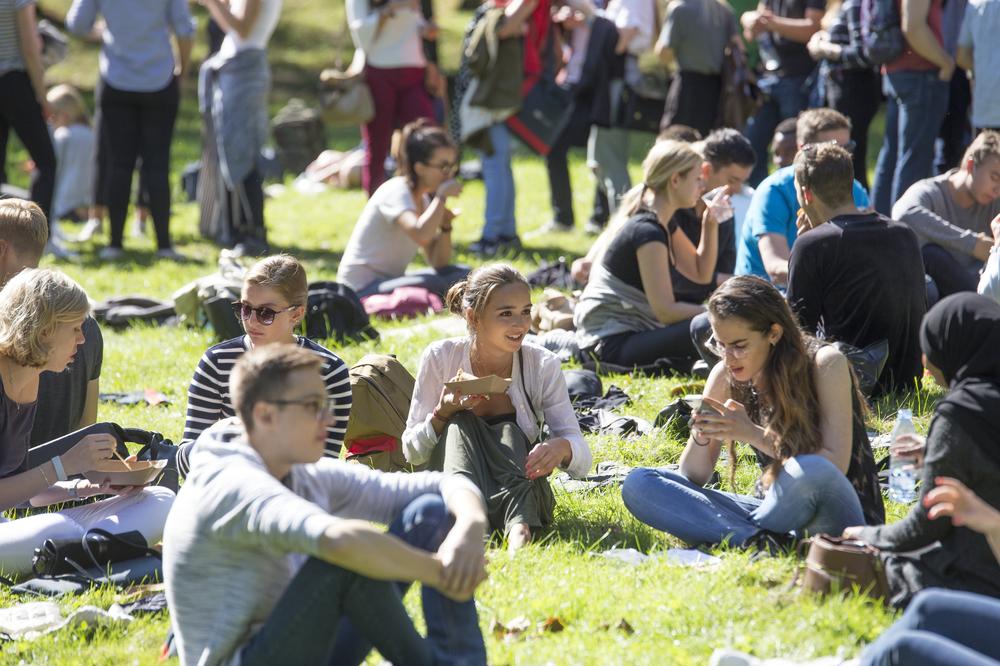

Riga is the largest city in Latvia with a population of around 650,000 people and is the political, economic, and cultural centre of the country. The best part is that you don’t have to be worried about language barriers, as over 95% of the population knows at least 1 language besides Latvian with English being the preferred choice.
As a medical student in Riga, you will get to live life in a lively and interesting city that also has:
Riga has an abundance of natural beauty, including several parks, beaches, the Daugava River, and Ķīšezers Lake. It is safe to say that students who love the great outdoors will have plenty of places to visit in the city.
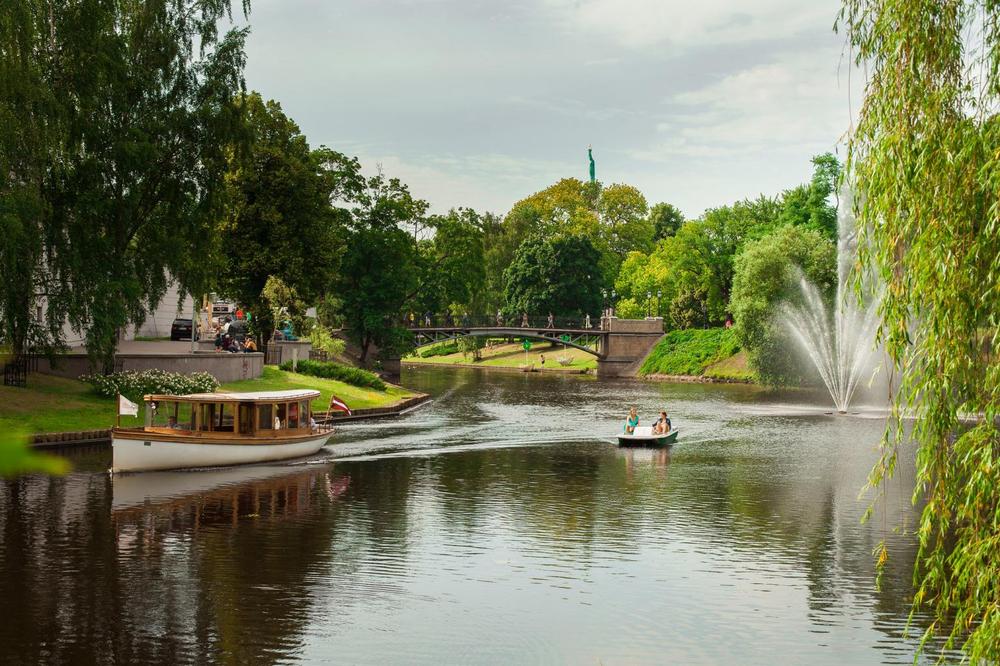

Latvian people are known to be friendly and hospitable. This makes it much easier for international students to adapt and feel comfortable with living in a totally different environment.
Riga hosts a variety of events throughout the year, including music festivals, cultural celebrations, and food fairs. These events offer students the chance to experience the local culture, socialise, and enjoy their time outside of their studies. Events you shouldn’t miss include the Riga City Festival and the midsummer celebration of Jāņi.
Both Latvia and Riga Medical University wholeheartedly celebrate diversity and inclusion and openly welcome students from every corner of the globe. Latvian culture is built on respect and trust, which creates an environment of safety and respect for all, including hijabi women.
The capital city of Riga places great importance on accommodating students from various ethnicities, religions, and cultures so that they feel right at home. Mosques, churches, and synagogues can be found throughout the city, serving as symbols of unity and facilitating the practice of diverse faiths.
Riga's culinary scene also serves as a testament to its diverse spirit, with a wide variety of vegetarian, kosher, and halal restaurants satisfying the needs of students from all parts of the world.
Throughout its campus and the city of Riga, the RSU actively promotes an inclusive and welcoming atmosphere that fully embraces diversity.
Like any modern university, RSU gives prospective students and their families the opportunity to take a virtual tour of the campuses before starting their education journey. Take a walk through the Riga Stradins University here - RSU virtual tour.
The Autumn semester begins at the end of August and lasts until mid-January next year. Winter Holidays are between the end of December and the beginning of January. The examination session is usually from mid-January until the end of the month.
The Spring semester begins at the beginning of February and ends in mid-June. Easter Holidays are between the end of March and the beginning of April. The second examination period begins mid-June and continues up until the end of the month.










The university is located in Riga, Latvia. The city straddles the Daugava river, and it’s 9 miles away from the Gulf of Riga at the Baltic Sea. The university’s address is 16 Dzirciema Street, Rīga, LV-1007, Latvia
Yes. Transfers are possible for medical students.
No. Fast track medicine is not possible at this medical school.
The school fees at RSU are per year for medicine (6 years). Dentistry costs for every study year.
The university's medical graduates get international recognition of their degrees. The World Health Organisation recognises it through its World Directory of Medical Schools. In addition, the UK General Medical Council also recognises the university.
Yes. You can study medicine and dentistry in English.
Yes. The university has almost 200 graduates registered with the UK General Medical Council.
No. There is no entrance exam.
Students need a secondary school certificate with at least two years of studying Biology, Chemistry, and Math. There is also an English language proficiency requirement for non-native speakers. They can present a certificate or attend the English exam at RSU.
The Autumn semester begins at the end of August and lasts until 15 January.
The application deadline is 1 May for non-EU applicants and 1 July for EU applicants.
RSU is fully integrated into the Latvian healthcare system. Add the excellent student to teacher ratio of 10 to 1, and you get a remarkable medical education. In addition, students benefit from multiple opportunities for extracurricular and leisure activities.
Riga is a city with rich history and culture with plenty of landmarks to visit. Students have plenty of opportunities for recreation and leisure in the city. Local festivals and singing choirs are of particular interest to international students.
RSU maintains a high standard of medical education, as evidenced by its recognition by WHO and the GMC. The excellent student-to-teacher ratio of 10 to 1 ensures personalized attention and support for each student, contributing to a thorough and effective medical education.
Riga offers a rich historical and cultural environment with numerous landmarks and local festivals, making it an attractive destination for international students. The city's vibrant cultural scene and recreational opportunities enrich the student life beyond academics.